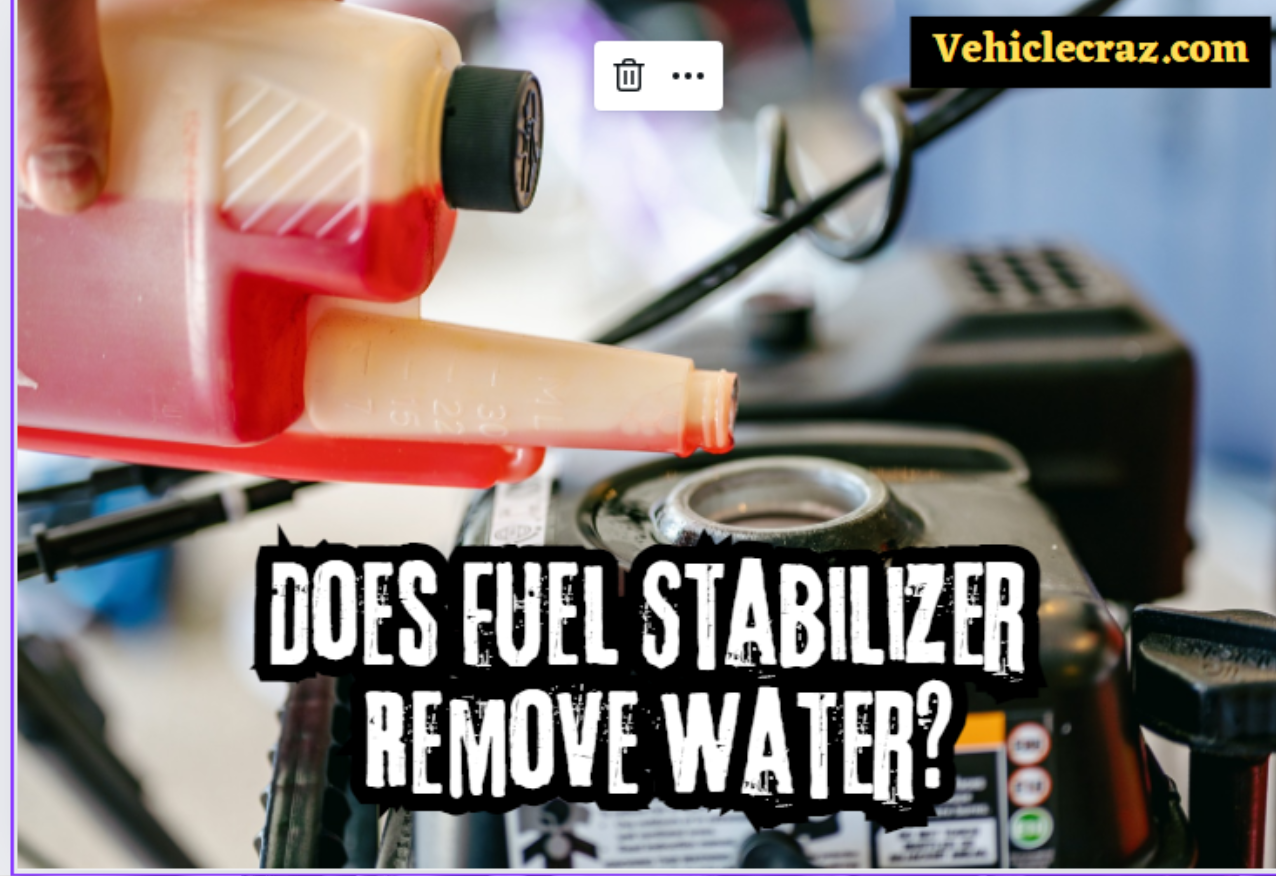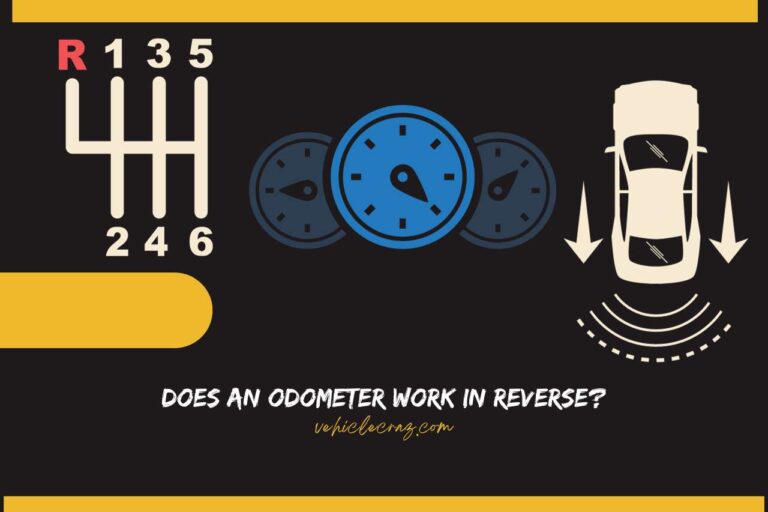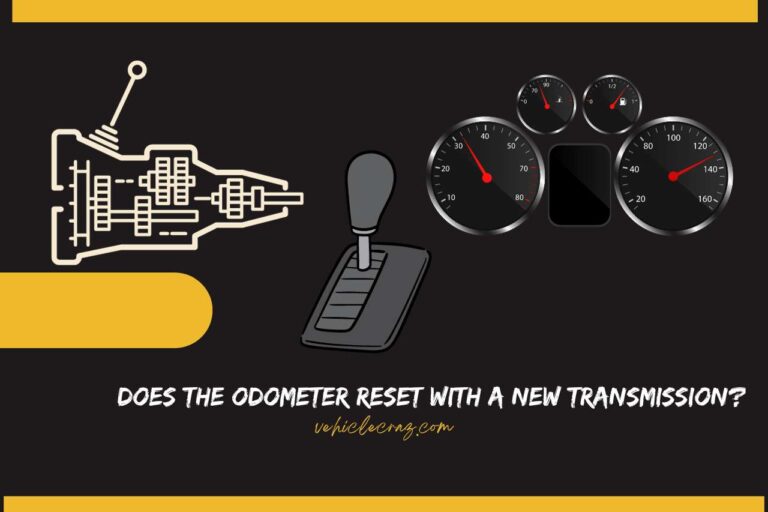Does Fuel Stabilizer Remove Water?
We know you don’t want to see water in your vehicle’s fuel tank when you keep your vehicle in one place for a considerable period of time. How about fuel stabilizers? Do Fuel stabilizers help remove water? While most fuel stabilizers are not designed to remove water from fuel, some may contain additives that are capable of removing water. Want to learn more about this topic? We’ll explain everything in detail.
Does Fuel Stabilizer Remove Water?
Some fuel stabilizers may come with additives that can help absorb small amounts of water in the fuel. In addition, such fuel stabilizers have the ability to prevent the formation of free water in the fuel tank. However, you must know that fuel stabilizers are not a solution for significant water contamination.
What Type of Fuel Stabilizers Can Remove Water From Fuel?
Some fuel stabilizers may indeed contain additives that can help manage small amounts of water in the fuel system. These additives are often referred to as demulsifiers or emulsifiers, and their purpose is to help separate water from the fuel so that it can be safely removed.
Demulsifiers work by breaking down the emulsion formed when water and fuel mix. This process allows the water to separate from the fuel, making it easier to drain or filter out. However, it’s important to note that these additives are generally intended for managing minor water contamination and may not be effective for significant water issues.
It’s always best to use products specifically designed for water removal if you are dealing with significant water contamination in your fuel system.
What is the Best Fuel Treatment for Water in Gas?
The best fuel treatment for water in gas is one specifically designed to emulsify or absorb water, allowing it to be safely burned off during engine operation. Here are some popular options:
Iso-Heet Water Remover
Iso-Heet is a popular brand that offers products designed to remove water from gasoline. These products contain isopropyl alcohol, which helps to absorb and disperse water in the fuel tank.
Star Tron Enzyme Fuel Treatment
Star Tron is another popular brand known for its fuel treatments. Their enzyme-based formula helps to break down and disperse water molecules in the fuel, allowing them to be burned off harmlessly.
HEET Gas-Line Antifreeze & Water Remover
HEET offers a product specifically designed to remove water from gas tanks. It contains isopropyl alcohol, which helps to absorb water and prevent fuel line freeze-ups in cold weather.
Sea Foam Motor Treatment
While not specifically marketed as a water remover, Sea Foam is a versatile fuel treatment that can help remove small amounts of water from gasoline. It also helps clean and lubricate the fuel system.
K-100 Fuel Treatment
K-100 offers a fuel treatment that helps to disperse water in gasoline, allowing it to be safely burned off. It also helps to clean the fuel system and improve fuel efficiency.
What is the Best Method to Remove Water from the Fuel Tank?
If you are dealing with severe water contamination, draining the fuel tank completely is the best solution. This should be done by a professional to ensure that the fuel system is properly cleaned and any remaining water is removed.
Draining the fuel tank can be a hazardous task, especially if proper safety precautions are not taken. In addition, draining the fuel tank improperly can lead to damage to the fuel system or other components of the vehicle. These are two main reasons why you should visit a professional for the work.
Moreover, a professional has the knowledge to detect the underlying issue why the water in your water tank in the first place. All in all, for a small amount of water, you can try fuel treatments as a remedy but if it is significant, visiting a professional should be your best step to fix the issue.
Can You Use 91 Percent Rubbing Alcohol in Your Gas Tank and 70 Percent Alcohol to Remove Water From Your Gas Tank?
It is not recommended to use rubbing alcohol (isopropyl alcohol) to remove water from your gas tank. While alcohol can absorb small amounts of water, it is not an effective or safe method for removing water from a fuel tank.
Using rubbing alcohol in your gas tank can lead to several issues, including:
- Corrosion: Alcohol can be corrosive to certain materials in your fuel system, such as rubber or plastic components. This can lead to damage and potential leaks in your fuel system.
- Fuel System Damage: Rubbing alcohol is not formulated for use in engines and can cause damage to fuel system components if used incorrectly.
- Fuel System Contamination: Adding rubbing alcohol to your fuel tank can introduce contaminants that can clog fuel filters and injectors, leading to engine performance issues.
If you suspect water contamination in your fuel tank, it is best to use a specialized fuel treatment designed for this purpose. These treatments are specifically formulated to safely remove water from your fuel system without causing damage. If you are unsure how to safely remove water from your fuel tank, it is best to consult a professional mechanic as we suggested earlier.


I’m Alex, a seasoned mechanical teacher with over 20 years of hands-on experience in Australia. My passion for all things automotive has driven me to establish this blog, aiming to share my wealth of knowledge and expertise with fellow enthusiasts, DIYers, and anyone keen on understanding the mechanics behind the machines we rely on daily.







